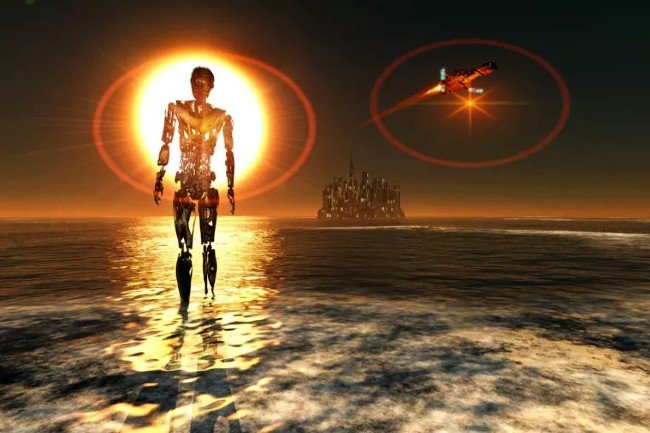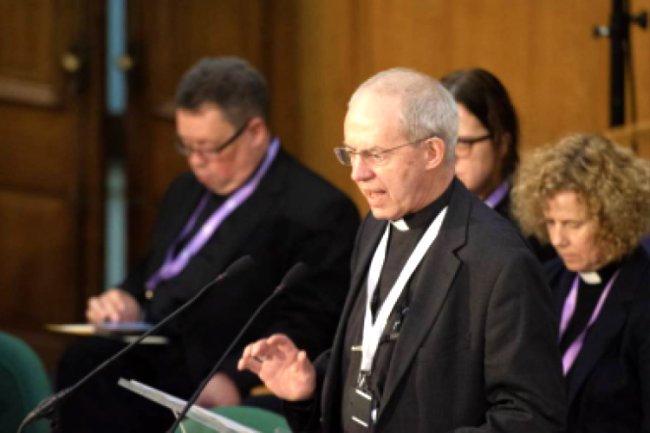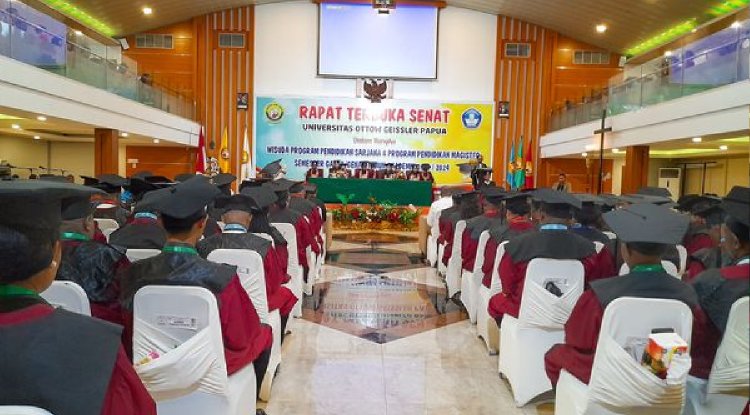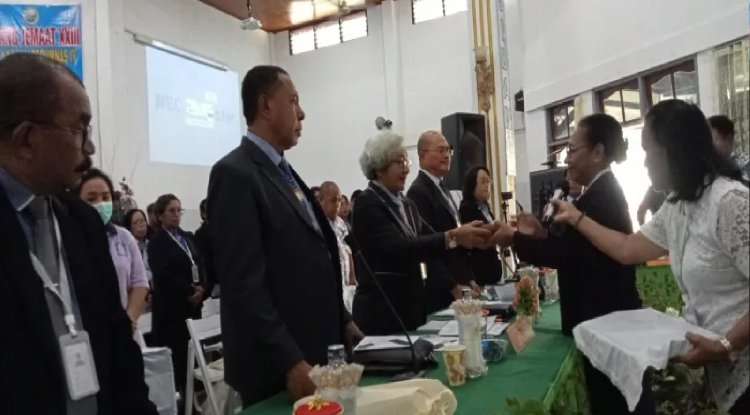WHAT ARE THE RISKS ASSOCIATED WITH THE TRANSHUMAN PROJECT?

By Joshua Harris, Op-ed contributor Thursday, January 11, 2024
Charlie Chaplin's portrayal of the Great Dictator said, "You are not a machine! You are not an animal! You are human."
The fact that Francis Fukuyama, a famous political scientist, described transhumanism as "the most dangerous idea in the world" is true, and Christians should pay attention to it.
New movements are taking place due to advances in science and technology. You may have heard the terms "transhumanism" (which means the belief that science can help humans evolve beyond the limits of their bodies) or "new humanism" (which shares with the old humanist belief that humans, not God, determine value and that rationality is the only way we can achieve happiness). But the new humanism had many problems.
Since only a small percentage of people openly profess transhumanism, one might be forgiven for thinking this is not a big deal for Christians. His philosophy, described as empty according to Colossians 2:8, permeates much of modern life from the "Metaverse, crypto, interplanetary colonization, and transhumanism, not to mention AI. A writer in Vanity Fair stated, "The moral hazard stems from the fact that all four projects embody the first steps toward realized transhumanism." Klaus Schwab, a leader and transhumanist at the World Economic Forum and the Davos report, has stated that we are entering the 4th Industrial Revolution and transhumanism, where we will radically free ourselves from our biological limitations and restructure almost all aspects of life. However, Yuval Harrari is definitely not the only leader who speaks like this.
Jenny Huberman, an anthropologist, recently emphasized the three components that make up what is known as transhumanism. They are hedonism (that is, giving pleasure to the masses as much as possible), individualism (that is, expressing oneself), and "morphological" freedom (that is, having absolute autonomy over your body and living without the limitations of your body). These three values drive transhumanism and much of our lives today because we are used to immediate gratification and the constant desire to be a "better and more advanced you.".
What's wrong with using drugs and advanced technology? You may be wondering. For years, American Christians have embraced the belief that anything that can improve the quality of life is permissible as long as it is not inherently evil. However, as we face ever-changing technology, we must also consider how we use it.
Moreover, the Holy Scriptures do not stop speaking at this location. By taking our every thought captive to Christ, Scripture teaches us to tire of empty and hollow philosophies. We can no longer use technology casually.
We must direct ourselves to realize that all life belongs to God. This means we must focus our minds on things that are eternal, things that science, technology, or medicine cannot give us.
We must concentrate on transcendent things that cannot be repeated. This means abandoning hedonism and thoughtful things before it's too late. This comes from the realization that our biology, or our body, has significant meaning for us and God! It requires ancestry, inheritance, and the fact that biology is as important as family. In other words, we cannot ignore the influence of our history and the influence it will have on our future. We cannot emphasize how technology mistakenly multiplies our offspring homogeneously.
Here are some things that are in danger and need attention.
First, keep in mind that space cannot replace place. Because of our embodied natures, we must live, move, and breathe through our bodies. Our body gives us a place in this world, which the metaverse cannot replace.
Second, we must understand that transcendence is much more than living as a replica or mirror image of ourselves. You have no examples. We are not a species that can be replicated through embryonic modification in the laboratory. We are also not robots; we do not use chatbot code or algorithms.
Third, just as our bodies have limits, science also has limits, and it will never succeed in changing our biology through medicine, technology, or science.
Fourth, we must realize that our body cannot be used in any way we like. In the history of our United States, the old mantra "my body, my choice" has become very popular regarding the issue of the unborn baby. Moral tolerance for gender expression and sexual values against more extravagant practices of bodily change (such as expressing oneself as an animal, etc.) has increased recently both in the United States and around the world.
Fifth, we must realize that we cannot go beyond our body and its limitations, and perhaps we should not in all cases. God gave us our bodies. According to Scripture, God has designed us as male or female, as human beings, and with a significant relationship with our parents. In addition, Scripture clearly teaches us that death is part of God's plan, and it is used to teach us piety.
Sixth, eternity is not only about infinite life but also about a continuous relationship with God. Additionally, God will unavoidably change and transform our desires if He wants to speed up the process He planned for an eternal life together. This will happen by changing the concept of a good life designed by God to "caring for the world.".
In other words, transhumanism makes us think that life is a design of God that has "time to save" (as the author Ecclesiastes points out to us).
What this means for us as we find ourselves in an infinite world of cyberspace, chatbots, and body changes is that we may need to go back to Plato when rethinking our lives in an ever-changing society. It is helpful to return to the Bible, which not only gives us knowledge of the truth but also gives us the ability to pray, digest, and pay attention to what is true about our bodies.
We must immediately reject the illusion of autonomy that we have the ability to manipulate our sexuality and gender, as well as avoid the inevitability of a broken body. Pleasure is not the same as ultimate happiness (although many will make you think so), and humanists believe that we cannot control everything in a scientific way. In the end, art will never give us what is important.
Joshua Farris is an experienced Humboldt researcher at the Ruhr University Bochum who studies biologically involved theological anthropology. For 15 years, he has been working and teaching. In addition, she has spoken about theology and medical health, ecclesiastical authority, abuse, gender and racial identity, the afterlife, and more. The philosophy of anthropology of religion and the soul is the basis of his field of specialization. His upcoming book, The Creation of Self: A Case for the Soul, will be published in June 2023.
News Sources : https://www.christianpost.com/voices/what-is-at-stake-with-trans-human-projects.html
What's Your Reaction?





















